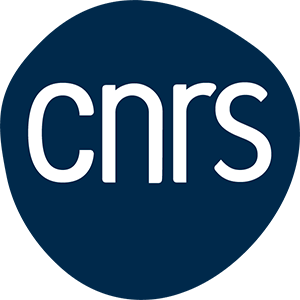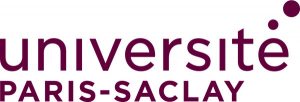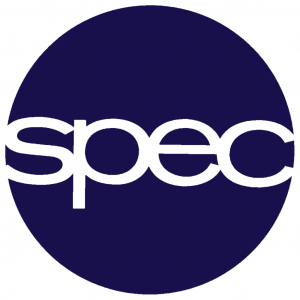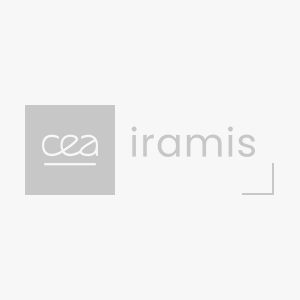Spintronics aims at taking advantage of the spin degree of freedom of carriers. Indeed, spin currents, ie a flow of spin angular momentum, are controlled by the magnetic state of ferromagnetic elements (Magneto-resistance effects). Reciprocally, at higher current densities, spin currents can control these magnetic states (spin transfer torque effect). Traditionally this has been done by making flow a charge current in ferromagnetic materials, the charge current becoming spin polarized through the exchange interaction. In this presentation, I will review some spin current sources (static or dynamic), with a focus on approaches using the Spin Orbit coupling. I will first describe the conventional pure spin current injection in non-magnetic materials using charge current driven across a ferromagnetic/non-magnetic interface in lateral nanostructures, emphasizing on the differences on how charge and spin current flow in such extended structures [1]. Secondly, I will describe the Spin Hall effect, where the charge current is converted into a spin current in a non-magnetic material having a strong Spin-Orbit coupling. New materials and strategies are being developed to control magnetic states using this novel spin current source [2]. Finally, spin currents can be dynamically injected using the magnetization precession at the material ferromagnetic resonance. This so call spin pumping technique is being widely used for studying the spin Hall effect, where in inverse spin Hall effect, a spin current is converted into a charge current. I will present experiments where we used this technique to evidence this conversion, not by the bulk of the materials but through interfaces, using the Rashba effect at the Ag/Bi interface [3].
[1] P. Laczkowski et al. Phys. Rev. B 85, 220404(R) (2012)
[2] M. Gradhand et al. SPIN 2, 1250010 (2012)
[3] J. C. Rojas Sanchez et al. Nat. Commun. 4:2944 doi: 10.1038/ncomms3944 (2013)
A coffee break will be served at 11h00. The seminar will be given in English.
CEA Grenoble, INAC/NM, France




